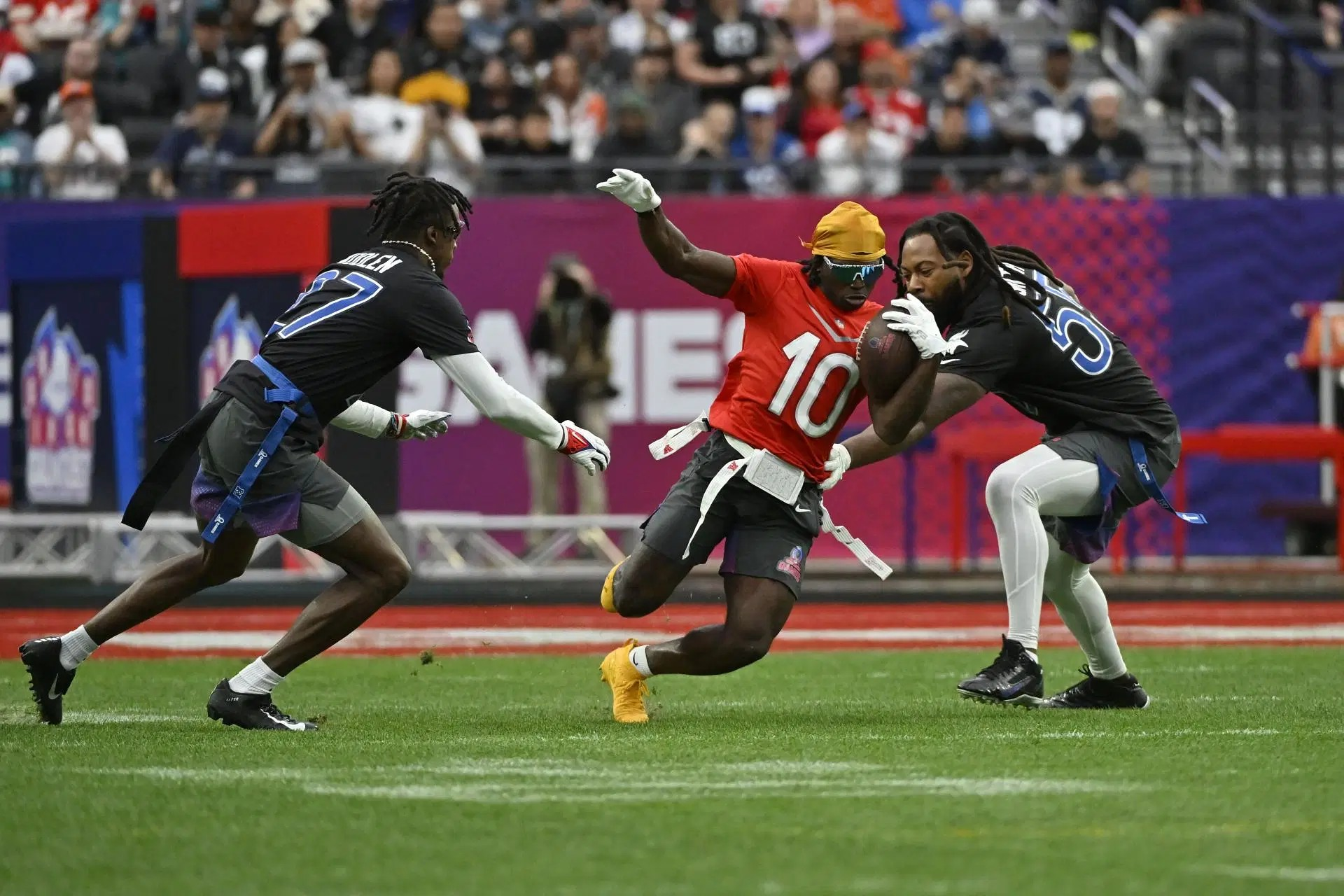Flag Football’s Olympic debut exposes NFL’s internal divide

In 2028, football will make its Olympic debut—but not as fans know it. Flag football, a non-contact variant, has been approved for the Los Angeles Games, creating both excitement and friction within the NFL. While the league office views this as a golden marketing opportunity, team owners are pushing back, fearing risks to players and seasons. The tension came to a head during last week’s NFL annual meeting, with no resolution in sight.
League Ambition vs. Owner Caution
The NFL’s front office sees the Olympics as a chance to expand its global footprint. “This is about growing the brand,” one executive noted. However, owners are far less enthusiastic. Their primary concern: losing key players to injuries or missed training. The Olympics (July 14–30, 2028) overlap with NFL training camps, and participation could sideline stars during critical preparation periods. Even flag football carries risks—former NFL running back Robert Edwards nearly lost his leg after a non-contact beach football injury in 1999.
The Contractual Roadblock
Owners hold a powerful legal card: the Standard Player Contract. Paragraph 3 explicitly bars players from engaging in football-related activities without team consent. This clause has been enforced before—in 2007, the Tennessee Titans blocked Pacman Jones from professional wrestling during a suspension. “Why would owners waive this now?” asked a team executive. “Letting a $30 million quarterback risk injury for a gold medal isn’t a business decision; it’s insanity.”
Retired Stars: A Win-Win Solution?
A compromise is emerging: sending recently retired players. This approach minimizes risk for active rosters while leveraging star power. Imagine Tom Brady or J.J. Watt returning for a gold medal—a storybook ending to their careers. “Retirees have the skills and name recognition,” said an agent. “It’s safer and still marketable.” This model could set a precedent for future Olympics, preserving the NFL’s interests while embracing the Games.
The Clock Is Ticking
The NFL aims to finalize its Olympic policy within 60 days, but owners appear resolved. “You’re not getting our players,” one bluntly stated. While the league office seeks collaboration, the financial calculus favors caution. With billions tied to TV deals and franchise valuations, owners are unlikely to gamble on goodwill. For now, flag football’s Olympic dream may hinge on legends of the past—not the present.